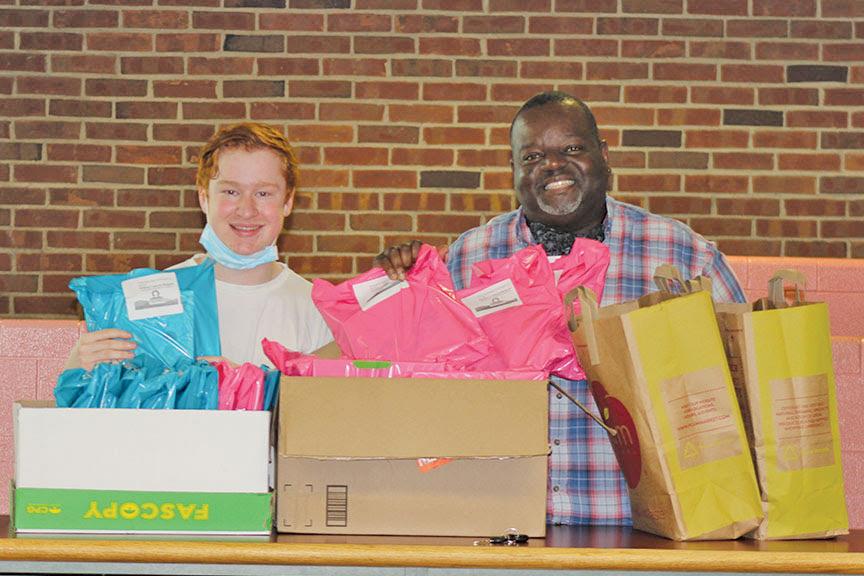Even through a speakerphone, you can hear Betsy Durant’s passion: there are stories and histories in the lilt of her voice. The executive director of the Children’s Literacy Network has dedicated her career to helping children and their families find the love of reading.
Founded in 1991, CLN was founded by literacy advocates to spread that joy. According to the United Way of Washtenaw County, the county is the eighth most economically segregated community in the country. For Durant, acknowledging and understanding these disparities is vital to literacy advocacy.
“It is not only supporting families. It’s partnering with them and letting families know that we want to provide programs that they will absolutely love,” she says.
One of CLN’s oldest and largest programs is called Staying in Closer Touch. Dozens of volunteers help incarcerated parents choose a book to read aloud and record. This video is then sent to their child, who experiences the happiness of being read a bedtime story by their parent.
Covid-19 shut down jail and prison visits, further distancing incarcerated parents from their children. CLN is working on a project where incarcerated moms write letters to their children. Durant hopes to combine the letters with illustrations by incarcerated artists to create picture books.
Another of Durant’s favorite programs is BookPals. Based on the pen pal concept, second graders in Dexter, Ypsilanti, and Ann Arbor choose books for their pal, record themselves reading from it, share the videos, and answer questions about themselves. At the end of the school year, they meet in person–though the 2020 celebration had to be held via Zoom.
“We’re connecting children who don’t think they have much in common,” Durant says. “But once they start to talk to each other, they realize that they’re much alike.” Durant says some stay in contact with each other even after the conclusion of the program. BookPALS had sixteen volunteers last year and need at least thirty more this year.
Due to Covid-19 school closures, reaching students in need has become a particular challenge. The newly launched Literacy Pack Project jumped in to help. According to CLN program development coordinator Cindy Saper, over 750 families have received packs when they collect emergency food supplies at local community centers and churches, or when these supplies are delivered to their homes. Each pack contains three books, family literacy activities, and registration instructions for CLN’s free interactive reading website. The project is staffed by high school volunteers.
“I believe that when children find the positive in themselves and in reading, then all of a sudden, you just see that child blossom,” Durant says. “And that for me, that’s my true reward. I don’t do this for really any other reason.”


